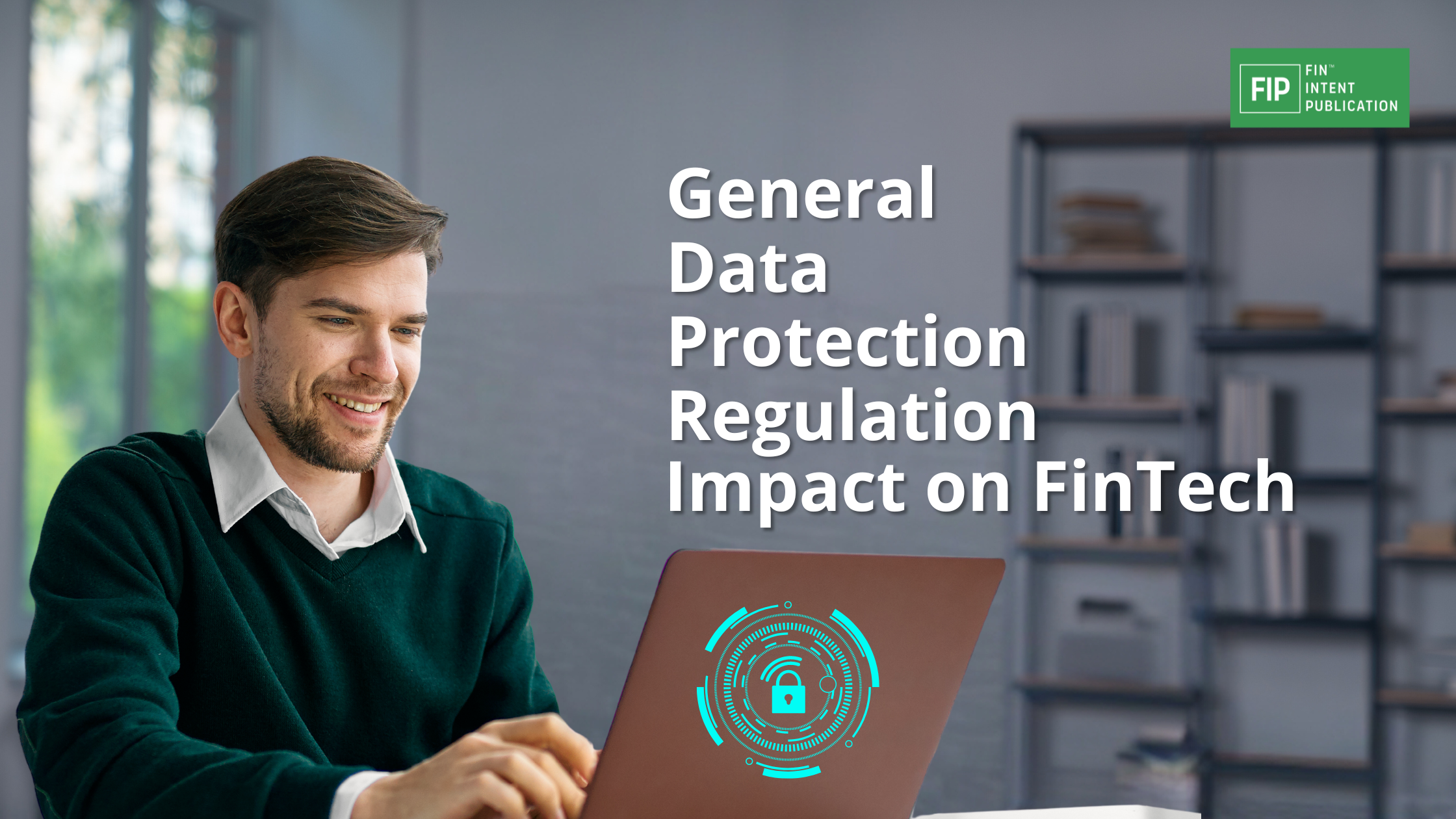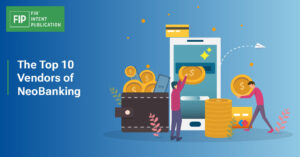The General Data Protection Regulation (GDPR) has been a game-changer in the way personal data is handled across industries, especially in the financial technologies (fintech) sector. As a cornerstone of the digital economy, fintech companies deal with vast amounts of sensitive data, making GDPR’s implications particularly significant for them. This post delves into the impacts of GDPR on fintech, highlighting the challenges, real-world statistics, and the balance between compliance and innovation.
The Immediate Impact on Data Management and Privacy
One of the most noticeable shifts has been in the establishment of Stricter Consent Protocols. Fintech organizations are now mandated to ensure that any consent provided by users is not only explicit but also fully informed. This heightened level of transparency is designed to empower users, providing them with clear insights into how their data is being used. However, this shift also necessitates the development of more intricate user interface designs, as fintech firms strive to make these consent protocols both comprehensive and user-friendly. The goal is to navigate the fine line between legal compliance and maintaining an engaging user experience.
In alignment with the principle of Data Minimization, fintech companies are now focused on collecting only the data that is essential for the provision of their services. This approach leads to more streamlined and focused data management strategies, encouraging firms to evaluate the necessity of each piece of data they intend to collect. This not only helps in achieving compliance with GDPR but also in enhancing operational efficiency by reducing the volume of data that needs to be processed and stored.
The enhancement of User Rights, particularly the right to erasure, presents a complex challenge for fintech firms in terms of data storage and management. Users now possess the authority to request the deletion of their data, a provision that requires fintech companies to have robust systems in place to identify, isolate, and securely delete user data upon request. This aspect of GDPR compliance demands a meticulous approach to data architecture and the implementation of processes that can accurately track and manage user data throughout its lifecycle.

The Compliance Challenge
Adapting to GDPR has not been without its challenges for the fintech sector:
- Financial Burden: Compliance has required significant investment, particularly challenging for smaller FinTech firms.
- Operational Complexity: The intricate requirements of GDPR, especially around data processing and international data transfers, have added layers of complexity to fintech operations.
- Regulatory Navigation: Fintech companies operating across borders face additional hurdles in aligning their operations with GDPR alongside other local data protection laws.
Real-World Statistics and Cases
The tangible effects of GDPR on fintech can be seen through various lenses:
- Increased Reporting: There has been a noticeable increase in the number of data breaches reported, indicating a more transparent, albeit challenging, regulatory environment.
- Significant Fines: Notable fines have been levied against fintech companies for GDPR violations, emphasizing the regulation’s stringent enforcement. For instance, in a landmark case, a leading financial institution faced a fine exceeding €100 million due to inadequacies in data breach notifications and data security measures.
- Positive Outcomes: On the flip side, many fintech firms have successfully integrated GDPR compliance into their operations, resulting in enhanced data security and consumer trust.
The Innovation Dilemma
One of the critical debates around GDPR in the fintech sector is its impact on innovation. On one hand, the regulation ensures robust data protection and user privacy, fostering trust in fintech services. On the other, the regulatory overhead can be daunting, especially for startups and smaller companies for whom agility and innovation are key competitive advantages. The requirement for clear, understandable explanations of complex data processing algorithms (like those used in AI and machine learning) can also curb the development of more sophisticated financial technologies.
Technological Solutions and Compliance
Technology itself has been pivotal in navigating the compliance landscape. Advanced solutions, including AI and blockchain, have been leveraged to streamline GDPR compliance:
- AI and Machine Learning: These technologies are being used to automate data protection impact assessments and monitor compliance in real time.
- Blockchain: With its inherent characteristics of transparency and security, blockchain technology offers a promising solution to some of GDPR’s challenges, particularly in ensuring data integrity and secure, transparent transactions.
Recent Challenges and Downsides
Despite these advancements, the fintech sector continues to face significant challenges related to GDPR compliance:
- Operational Costs: The ongoing cost of maintaining GDPR compliance, through regular audits, updated technologies, and employee training, remains a significant burden.
- Data Breaches: Notwithstanding the stringent regulations, the sector has witnessed notable data breaches, underlining the perpetual tension between evolving cybersecurity threats and data protection measures.
Looking Forward
The journey of GDPR in the fintech sector is far from over. As technology evolves, so too will the strategies for compliance and data protection. The future may hold:
- Greater Integration of Privacy-Enhancing Technologies (PETs): These technologies promise to enable data processing and analysis while protecting individual privacy, offering a new frontier in GDPR compliance.
- Global Influence: GDPR has set a benchmark for data protection worldwide, influencing other jurisdictions to adopt similar regulations, which could lead to a more standardized global data protection landscape.
- Innovation within Constraints: Fintech firms are likely to find new ways to innovate within the boundaries of GDPR, potentially leading to more secure, user-friendly financial technologies.
Conclusion
GDPR has undeniably reshaped the fintech landscape, bringing data protection to the forefront. While the regulation presents considerable challenges, particularly in terms of compliance costs and operational complexity, it also offers an opportunity to build a more secure, transparent, and user-centric financial technology ecosystem. As the sector continues to evolve, finding the balance between innovation and data protection will be key to the sustained growth and success of fintech companies in the GDPR era.





